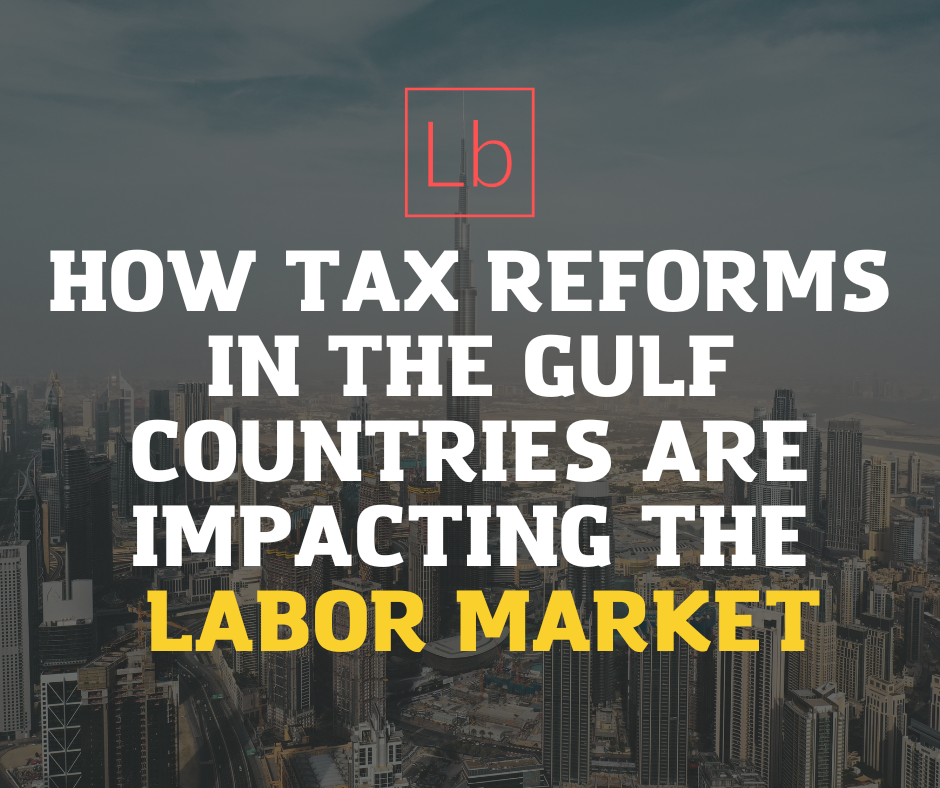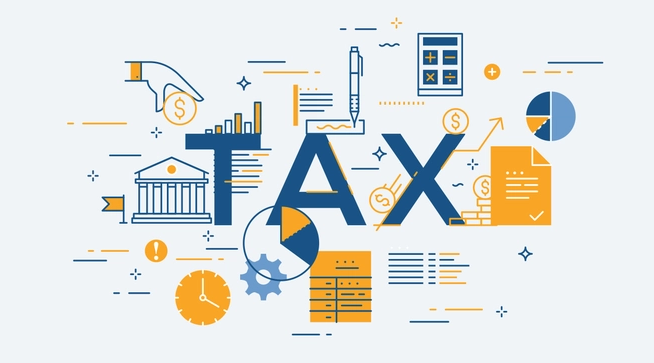
Content:
The introduction of various new taxes, including VAT and special levies on expatriates, has impacted the cost of living for foreign residents in the Gulf region. These adjustments have led to higher expenses on essentials like housing, consumer goods, and services. Despite this, the appeal of most Gulf countries remains strong, as they generally do not impose personal income tax, offering expatriates a unique opportunity to save more of their earnings.
The UAE, in particular, offers competitive tax rates, ensuring minimal tax burdens, at the same time, maintaining regulatory requirements that align with global standards. This article provides an overview and explanation of the different taxes applicable to private individuals and corporations in Dubai, highlighting significant tax categories such as income tax, corporate tax, and property-related fees.
Dubai, renowned for its attractive tax environment, draws numerous international businesses and expatriates due to its minimal taxation framework. Here’s a detailed look at the various taxes applicable to private individuals and companies in Dubai and UAE.
One of the most appealing aspects of living and working in Dubai is the absence of income tax for private individuals. This policy applies to UAE citizens and foreign residents, enabling individuals to retain their earned income without deductions.
Unlike many other countries where residents must pay taxes on their income, the UAE remains committed to a no-income-tax policy for natural persons. However, corporations and businesses may be subject to other forms of taxation under specific circumstances.
In January 2018, country introduced new law and regulation: Value Added Tax (VAT), establishing a 5% tax rate on most goods and services. This standard VAT rate applies across various industries, including retail, hospitality, and services, affecting both local consumers and foreign residents.
The VAT serves as a form of indirect taxation on consumption, and although it does not directly impact net income, it influences the purchasing costs for individuals and companies.
In 2023, the UAE introduced a corporate income tax applicable to companies earning above a certain threshold, marking a significant development in the UAE tax landscape. Effective June 2023, a corporate tax rate of 9% is levied on taxable income exceeding AED 375,000, aimed at business profits. This tax, often called a federal corporate tax, applies to corporations and other entities but excludes individuals.
Specific regulations apply to certain business types, including foreign banks and most companies operating within free zones.

Dubai imposes a one-time property tax, commonly referred to as a "registration fee," on property purchases. This fee is charged at 4% of the property's purchase price and is payable at the time of registration. It is not an annual property tax but rather a one-off cost incurred by property buyers. They should factor in this direct tax levied on real estate transactions when planning their property investments.
Dubai imposes a tourism tax on accommodations, including hotels, resorts, and other short-term rental properties, to support its booming tourism industry. Guests pay this tax. The business profits tax from tourism supports infrastructure development and other city services, positioning Dubai as a world-class destination.
Dubai utilizes an electronic toll collection system known as Salik to regulate traffic on major highways. Tolls are automatically charged each time a vehicle passes through designated toll gates, with charges linked to the vehicle’s Salik tag. Salik tolls help streamline transportation within Dubai, creating an efficient network that benefits commuters and businesses.
In addition to the significant tax categories, Dubai may impose other specific charges on certain transactions or services, often structured as stamp duties or additional fees for luxury goods and high-value financial transactions. These charges contribute to revenue collection without broadly impacting most residents or businesses.

The Dubai Corporate Tax Law 2023 represents a major shift in the taxation landscape within Dubai and is part of the broader United Arab Emirates (UAE) corporate tax reform.
The standard corporate tax rate set by the UAE is 9% for companies with an annual net profit of AED 375,000 (about €95,000) or more. Companies with net profits below AED 375,000 are subject to a 0% tax rate, effectively exempting many small businesses and startups.
The main objectives of the law are to foster economic diversification beyond oil and align the UAE with global standards to avoid tax evasion. The law also mandates businesses to maintain financial statements and follow tax filing requirements set by the federal tax authority. This regulatory framework promotes transparency and reinforces accountability.
In summary, the Dubai Corporate Tax Law 2023 introduces a straightforward corporate tax structure that supports economic growth, encourages foreign investment, and ensures compliance with international tax practices.
In Dubai, the new Corporate Tax (CT) Law identifies certain entities as taxable persons, meaning they must comply with the corporate income tax obligations introduced in the UAE. The UAE’s federal corporate tax system mandates that all companies operating within Dubai, excluding those registered in free zones, are subject to a standard corporate tax rate on their taxable income.
For companies registered in free zones, exemptions from corporate tax may be available if specific regulatory requirements are met. Free zone companies with qualifying income can benefit from exempt income provisions.
Certain sectors in Dubai, including tourism and natural resources, may also access favorable tax benefits and reduced tax rates, which can support business profits and growth in strategic industries.
The revenue generated through corporate tax is intended to diversify Dubai’s economy beyond traditional sectors and create sustainable growth. Funds from corporate tax will help finance infrastructure projects, promote innovation, and foster the development of startups and small businesses within the emirate.
This corporate tax system aligns with international tax standards, avoid double taxation, and encourages compliance with tax laws to support fair competition within the United Arab Emirates.
The UAE Ministry of Finance (MoF), administered by the Federal Tax Authority (FTA), introduced Federal Decree-Law No. (47) of 2022 governing the taxation of corporate and business profits and implementing a comprehensive Transfer Pricing (TP) regime. This decree applies to the tax period ending in 2024, marking a new phase in UAE’s corporate tax and transfer pricing regulations.
Under the UAE corporate tax law, or CT Law, if company earns a taxable income exceeding AED 375,000 (approximately USD 102,000) will incur a corporate tax rate of 9%. Eligible companies must adhere to specific filing and reporting requirements, including submitting tax returns to the FTA within nine months following the end of the 2024 financial year and tax periods.
As Chapter 19, Article 61 of the decree outlines, transition rules require that a company’s closing balance sheet for FY2024 (prepared for financial reporting purposes) will serve as the opening balance sheet for the subsequent tax period.
Transfer pricing compliance requires the timely preparation of a Local File and a Group Master File based on revenue thresholds. A standalone UAE taxable entity with revenue over AED 200 million or a multinational enterprise (MNE) group with consolidated revenue exceeding AED 3.15 billion must be ready to submit these documents to the FTA within 30 days upon request.
Login or register to leave comments.